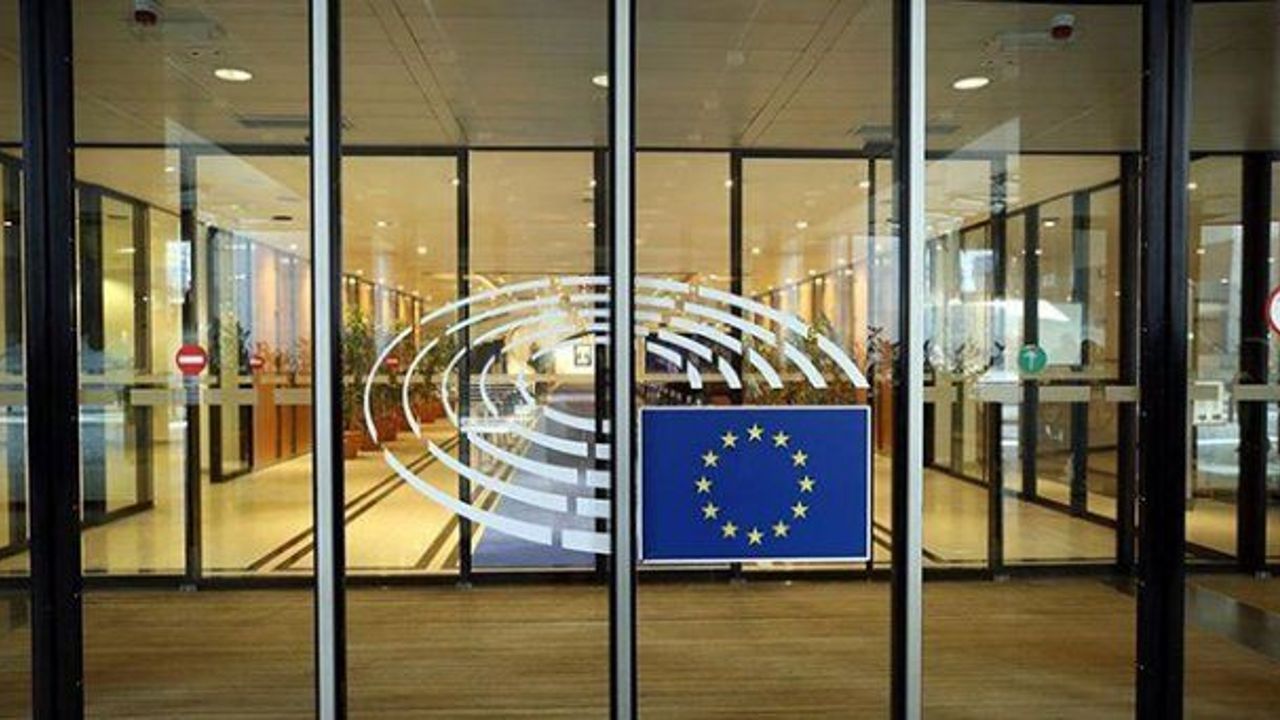EU leaders assess outcome of European elections
European Council head Donald Tusk believes results 'reflect a much greater diversity of views and national sensitivities’

EU leaders gathered Tuesday for an informal dinner in Brussels to evaluate the outcome of European Parliament elections and started negotiations to name new heads of the bloc’s bodies.
“Tonight the EU leaders met to assess the outcome of the European elections and to discuss what these results mean for the EU, as well as for nominating the new heads of the European institutions,” European Council President Donald Tusk told a press conference following the dinner.
Tusk highlighted that no names were discussed for the positions and leaders discussed only the process during Tuesday’s meeting.
Tusk was pleased with the highest turnout in 25 years in Sunday’s elections and parliament has become more representative as it requires “at least three parties to form a majority,” he said. “It will reflect a much greater diversity of views and national sensitivities.”
He said the future president of the Commission must get support from the European Parliament and the European Council. “The treaty is clear: the European Council should propose, and the European Parliament should elect,” he said.
The president of the EU Commission is nominated by member states and parliament needs to approve the candidate by an absolute majority.
He said he would start consultations with parliament in line with the founding treaty.
He also noted Brexit was a significant reason for the vote for pro-European parties.
Manfred Weber’s European People's Party (EPP), the umbrella group of center-right parties, has become the largest faction in parliament, winning 180 seats in the 751-seat body in elections Sunday.
But the EPP needs support from at least two political groups in parliament to build a majority.







